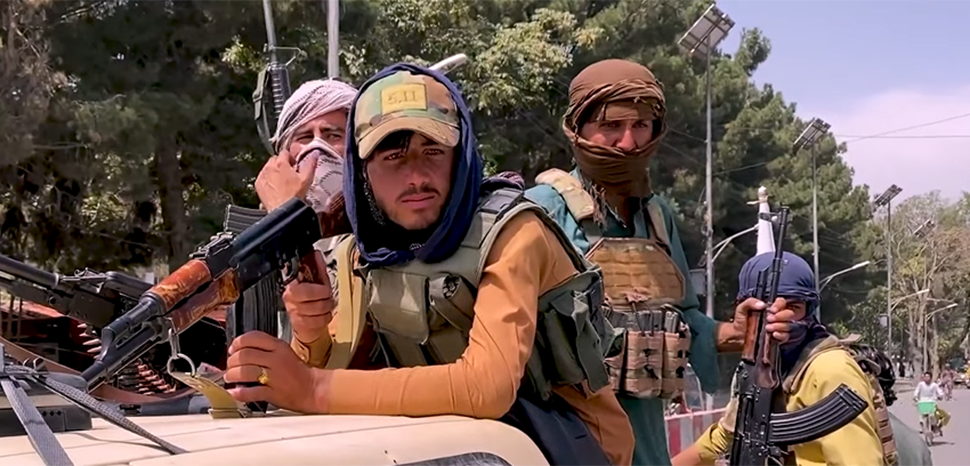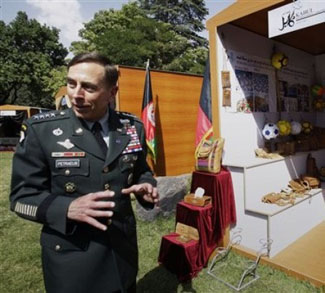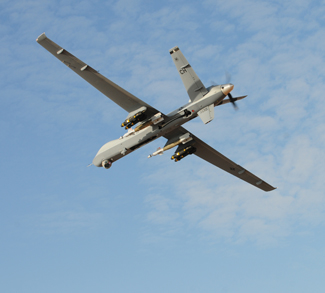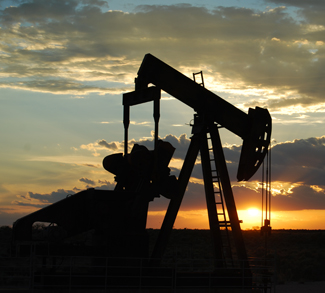Ten months have passed since the Taliban takeover took place, and the situation in Afghanistan remains highly volatile and uncertain after the fall of the previous US-backed democratic government. Apart from core fundamental issues, the Taliban seems to be different in their approach to the Afghans and to the world community compared to their previous tenure in Afghanistan. Different regional actors with their own set of interests have sided with the Taliban overtly or covertly. As a result, the unrecognized Taliban are now emerging as a strong political entity.
The Taliban’s return to power has fundamentally changed the actors, interests, and strategies in the domestic arena. They have pledged to take tangible action to fight corruption, strengthen governance, and maintain and build upon the gains over the past 20 years. But this takeover has worsened the already topsy-turvy circumstances in the country. At the same time, it has caused the same shifts in the regional security environment in terms of the emergence of new actors with their own national interests and strategies.
The worsening humanitarian situation in Afghanistan has left over 20 million people in need of assistance. At least 1,100 people killed and 2,000 injured in the recent earthquake in Afghanistan. Many countries suspended or significantly cut funding to Afghanistan after the Taliban takeover in August 2021. The once aided economy is barreling toward collapse. Perhaps the main challenge for the Taliban at the moment is tackling the economic downturn. Despite holding over $1-3 trillion in proven untapped mineral deposits, Afghanistan remains one of the least developed countries. Its unemployment rate is over 23% and half of its population lives below under poverty line. Refugee influx to Pakistan, Iran, and Central Asian countries continues.
The countries that recognized the previous Taliban regime are still watchful. But slowly, the Taliban is becoming a valid channel to address any Afghan affairs as the country needs global attention considering the ongoing humanitarian crisis and the aftermath of the earthquake. Regional and extra-regional actors like India, China, and Russia are already talking and sending officials to Afghanistan. Because of these countries’ common interest, the political and economic dynamics in Afghanistan are changing drastically. For instance, Russia had invited the Taliban to the St. Petersburg Economic Forum last month.
It is through these diplomatic maneuvers that Afghanistan’s ruling Taliban have found a way to partially beat international isolation, as their government remains unrecognized by any country in the world. The Taliban have also been opening diplomatic ties with neighboring countries and others, with an eye to gaining formal recognition. In recent months, at least four countries – China, Pakistan, Russia, and Turkmenistan – have accredited Taliban-appointed diplomats, even though all still refuse to recognize the 10-month-old government in Afghanistan.
The Taliban is playing two cards at once – ‘recognition’ and ‘aid dependency’ – to maintain its influence over the country. For instance, the World Bank approved more than $1 billion in aid for Afghanistan in March on humanitarian grounds to reduce the plight of common Afghans. The UN also appealed $110 million for their recent earthquake response. Moreover, China offered $31 million in emergency aid to Afghanistan after the takeover.
However, the proximity of three great powers – China, Russia, and India – make this country globally significant. After the United States packed up its bags and left, China stepped up diplomatic efforts with the Taliban to encourage a political settlement. China is interested in the Taliban to secure its strategic interest surrounding the Belt and Road Initiative and to ensure internal security in Xinjiang. Afghanistan is also enriched with minerals and other natural resources. For these and other reasons, China has a considerable strategic interest in Afghanistan.
Similarly, India has allocated Rs. 200 crores in their annual budget for aid to Afghanistan. India and Afghanistan have a strong relationship based on historical and cultural links. India played a significant role in the reconstruction and rehabilitation of Afghanistan during the pre-takeover period, so much so that, with the Taliban now in control once again, Indian investment worth $3 billion is now at stake.
It is worth mentioning that the current external aid flowing into Afghanistan is managed through domestic and international organizations that the Taliban approved to carry out the task. Hence, the Taliban as a political authority has ensured its tight grip over this decision-making in this sphere. It seems the ultimate goal is to direct funds from these external sources so as to bolster its legitimacy as the ruling regime of Afghanistan.
Owing to the advent of other crises around the world, such as the Ukraine war, Afghanistan lost global attention for a while. However, it is now once again attracting global attention because of the Taliban’s diplomatic efforts and a dwindling humanitarian outlook. Amid the chaos in Afghanistan, regional players such as Turkey and Iran have been rushing to position themselves with the new regime and take advantage from the vacuum left by the United States and NATO.
Afghanistan has undergone an awful transformation in almost a year of Taliban rule. Though the Taliban regime has attempted to present itself as different from the past version, its promises regarding the peace process and women’s rights have yet to be fulfilled. Taliban has again declared a Sharia-based government. Neighboring countries are likely hold back from recognition until they have assurances about the broader security implications. For regional actors, the litmus test for recognition will be security, just as it will be human rights for the U.S.
No doubt the Taliban have the largest share of the blame for their tremendous violence and harsh repression in Afghanistan. But it seems the political and economic dynamics are changing rapidly in the country, and unfortunately in their favor, following the first ten months of their rule. The historical ‘great game’ has resurfaced as predicted on Afghan soil despite the country’s poor economy, lacking infrastructure, limited resources, and near total-absence of state-building.
Yet beyond geopolitics, Afghanistan is in dire need of humanitarian support. Considering the plights of common people who are the ‘collateral damage’ in a reckless Western adventure, the international community cannot abandon its responsibility to Afghanistan. The international community must find a way to provide humanitarian assistance to the Afghans to ensure food, rights, and dignity while dealing with the Taliban.
The views expressed in this article belong to the authors alone and do not necessarily reflect those of Geopoliticalmonitor.com




